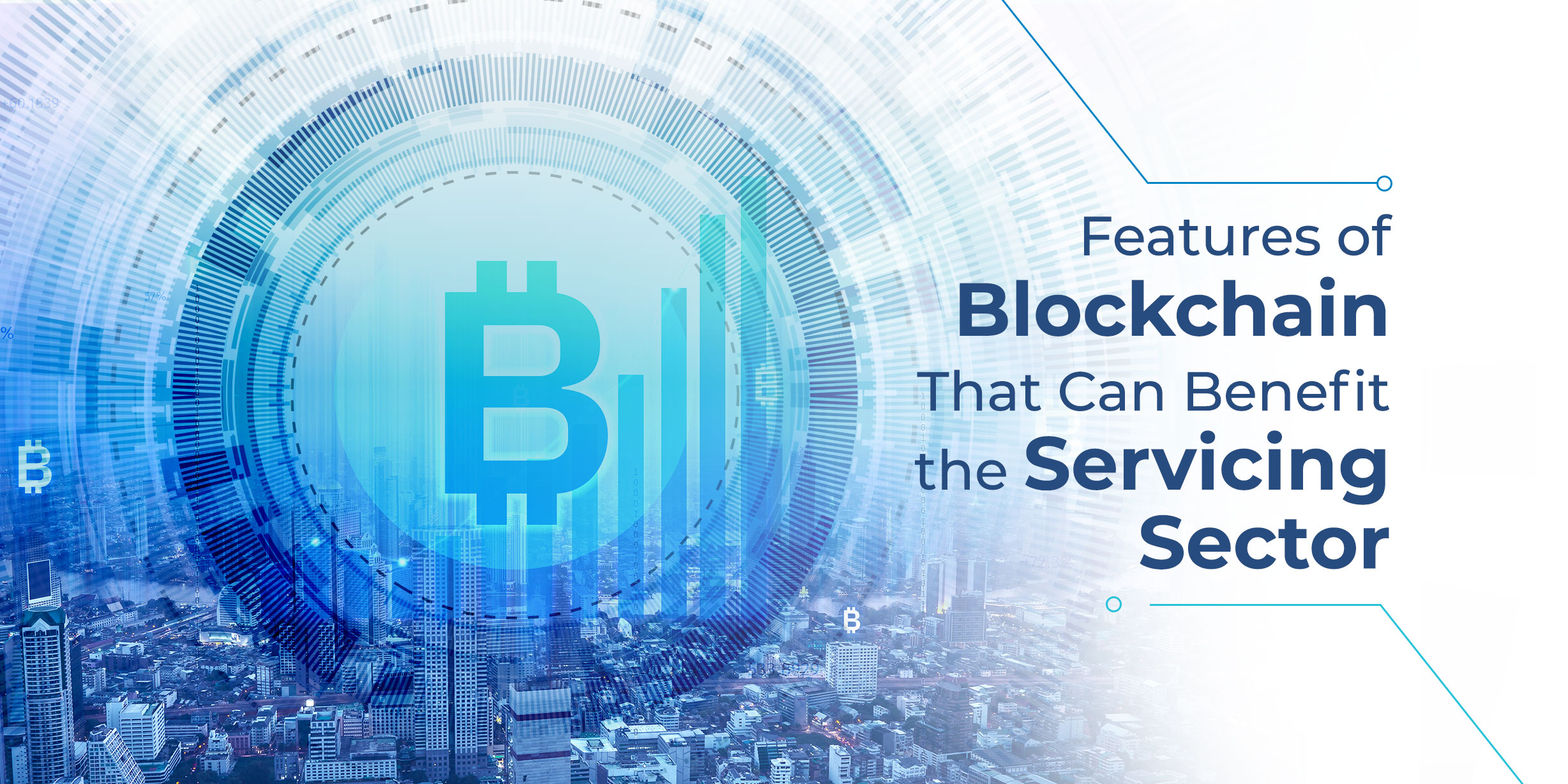2021 saw blockchain technology being pushed into the foreground due to conversations around the metaverse, non-fungible tokens (NFTs), and cryptocurrencies. Indeed, these technologies have massive implications for industries dealing with large-scale financial transactions and complex data exchanges such as mortgage. One of the key areas where blockchain can benefit the mortgage industry is in servicing.
A 2022 survey by Fannie Mae found that the use of blockchain in mortgage servicing is not as futuristic as we may think. 25% of lenders are familiar with the technology, 41% plan to adopt blockchain in the next four years, and 1 in 5 lenders have already explored blockchain use cases in mortgage. This is because of the technology’s suitability for multi-stakeholder information sharing in a secure, and transparent manner.
Also read: Hot Take: AI Could be the Answer to Every Mortgage Servicing Problem Today
What Does Blockchain Mean for Mortgaging Servicing?
Blockchain or distributed ledger technology (DLT) comprises a growing list of records called blocks, that are securely connected to each other via cryptography. With every new transaction, the ledger is updated, yet no modification can be made to the original data contained within the blockchain. In this way, it allows digital assets to have ownership rights like physical property, paving the way for NFTs.
The two other applications of blockchain relevant for lenders and mortgage services are cryptocurrency and smart contracts. Cryptocurrency refers to the variety of digital currency mediums in place that can replace fiat money in certain scenarios. Unlike fiat currencies, there is no single regulatory body to govern crypto, which makes it more democratized and easier to access.
Smart contracts use distributed ledgers to store and share the different legal terms, data fields, and stakeholder approvals that are necessary for a traditional contract, without any risk of fraud. They can be processed far more easily as there is no need to double or triple-check the data. As per industry estimates, smart contracts can reduce mortgage processing timelines from 50-60 days to just 4-6 days, reducing escrow costs by thousands of dollars.
Mortgage services businesses can use this technology in a number of ways to reduce operational burden, meet regulatory requirements, simplify the borrower experience, and diversify into new payment mediums.
Also read: How Will the Metaverse Affect the Banking Industry?
How Does Blockchain Benefit the Servicing Sector?
There are several features of blockchain that make it ideal for implementation in the servicing pipeline. These are:
1. Data immutability for mortgage servicing rights (MSR) transfers
In case a mortgage becomes delinquent, the servicing provider has three options on the road ahead. They may continue to service the delinquent loan, they may commission a sub-servicer to assume responsibility, or they may transfer the MSR asset to a new servicer in exchange for a fee. The last option is typically most advisable, as the servicer is able to monetize the delinquent loan, while the borrower continues to be serviced by a business specializing in scenarios of delinquency.
Using the traditional method, MSR sale and transfer is a highly complex process, requiring close collaboration, high volume data exchange, etc. The transfer can take up to 90 days, which causes borrower complaints and may invite regulatory scrutiny. Blockchain would allow mortgage servicers to transfer MSRs in near-real-time through a shared blockchain platform. It would include the transferor servicer, the transferee servicer, government-sponsored enterprises (GSEs) like Fannie Mae and Freddie Mac, custodians, and other stakeholders for full transparency and minimal bottlenecks.
2. Cryptocurrency support for digital payments
An obvious benefit of using blockchain for servicing is the availability of crypto-based payments. Some of the world’s notable cryptocurrency holders are high-net-worth individuals, enabling a lucrative market for mortgage providers.
Further, cryptocurrency would make securitization of mortgages infinitely easier, as various stakeholders would then be able to own a stake in mortgage securities. Recently, blockchain was used in a $313 million mortgage securitization deal, with all the data stored on a blockchain-based servicing platform. This allows every investor to track the performance of mortgage-backed securities (MBS), complete with analytics.
3. Proof of data exchanges for regulatory compliance
Another reason to use blockchain in mortgage servicing is because of its compliance benefits. Thanks to the intrinsic design of blockchain records, it maintains a complete log of all transactions, transfers, and even data access activity related to an account. There is no need to set up a separate audit trail, or manually check on audit completion. Given that the servicing sector involves a heavy compliance burden, blockchain can eliminate the risk of errors, improve audit efficiency, and reduce violations – and thereby, the penalties incurred by the servicer.
“The blockchain can reduce audit quality control expenses [and provide] a medium of certainty. In the over-the-counter market, it can take 100 days for a loan pool to settle. [On blockchain], you can do it in real-time,” explains Mike Cagney, founder of fintech lender, Figure Technologies, which recently set up its own mortgage servicing blockchain.
What’s Next for Blockchain in Servicing?
While these are early days, fintech companies and digitally mature mortgage businesses are looking to explore how blockchain could transform the servicing industry. In addition to the three features and their benefits we discussed, blockchain – overall – brings a degree of centralization to servicing that is yet to be achieved via traditional methods. Mortgage-backed securities must be serviced for between 7 and 15 years, and blockchain enables a “single source of truth” for the many stakeholders involved throughout this period.
Centralization will be a top priority (and one of the lowest hanging fruits) when implementing blockchain for mortgage servicing. At Nexval, we make it easier to envision and achieve this goal through a well-articulated digital transformation roadmap. Our team of 1000+ SMEs works closely with US mortgage businesses to prepare their data landscape, servicing processes, and workflows for the digital era – and eventually, for the age of blockchain technology.
To know more, speak with our Tech Gurus today.


